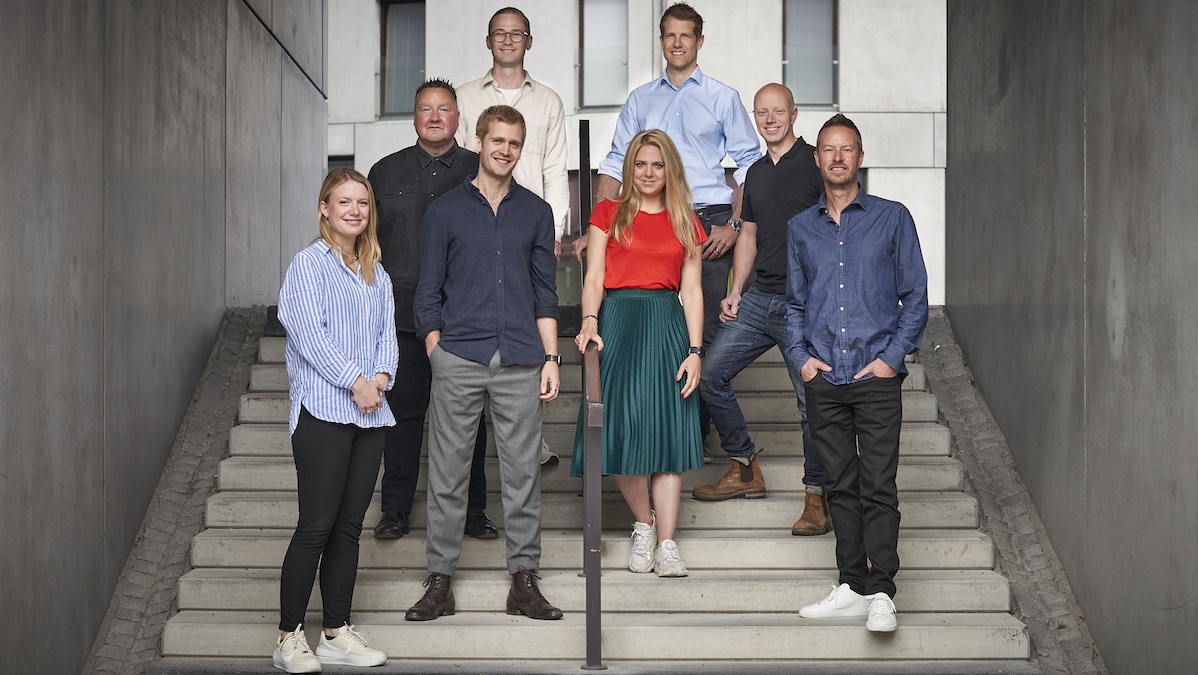From Switzerland’s Founderful to Italians Founders Fund and the Dutch Operator Fund, a new crop of European VC firms claim to operate as “entrepreneurs backing entrepreneurs.” Although it might still be early to call it a trend, Swedish fund Node.vc has now joined this group, with €71 million in funding to deploy into startups across […]
© 2024 TechCrunch. All rights reserved. For personal use only.
From Switzerland’s Founderful to Italians Founders Fund and the Dutch Operator Fund, a new crop of European VC firms claim to operate as “entrepreneurs backing entrepreneurs.”
Although it might still be early to call it a trend, Swedish fund Node.vc has now joined this group, with €71 million in funding to deploy into startups across the Nordics and Baltics.
“I hope it is a beginning trend,” Node.vc managing partner John Elvesjö told TechCrunch. “Europe has been significantly behind the U.S. when it comes to operational experience in VC investors….There’s a lot of marketing around being founder-led and operator experience, but when you scratch the surface, it’s usually pretty thin.”
Node.vc’s ties to entrepreneurship run deeper than surface-level. That’s true of its investment team — Elvesjö, (second-to-last on the right in the picture ) co-founded Swedish eye-tracking startup Tobii, which went public in 2015. But that’s also true of its limited partners, which include 70 founders. While they have no obligation to add more than money, they have a natural penchant to invest their time, too.
However, Node.vc would likely have been unable to close a fund of this size if it hadn’t also secured institutional investors. Its LPs include Saminvest, Sweden’s fund-of-funds, and the life and pension arm of Nordic bank Nordea. That’s noteworthy for a first fund, and doubly so for one that takes an unusual approach to VC math.
“We have a team that is deliberately a bit oversized, meaning that we are more people on the team than what the fund can normally finance. And the reason for this is we are entrepreneurs and we are building a VC firm,” Elvesjö said.
With eight full-time and eight part-time staffers, several of whom previously worked at Nordic VC firm Brightly Ventures, Node.vc should have enough hands on deck for the seven startups it plans to back each year.
The rest of the equation is more typical for a fund of that size. “We write an average entry ticket of €1.3 million euro, and we can follow on for a very long time,” Elvesjö said. “We can actually invest even up to 10 million euro in one single company if we want.”
With three deals already, the fund is sector-agnostic, but focuses on three themes. There’s future of entertainment, represented by portfolio company Roro, a gaming studio; future of work, with Lemonado and Starhive; and platform technologies, which include fintech, IoT, cloud infrastructure, and machine intelligence.
These themes correlate with the strengths and sectors the Nordics are known for, but Elvesjö and his partners only realized this after putting a significant amount of effort into research.
“We did this enormous investment in figuring out where trends are going, and then we condensed it and put it in a slide, and what the slide says is we think the Nordic ecosystem will be good at what it has been good at before,” he laughed.
Paradoxically, the fact that several Scandinavian unicorns let people go could also be beneficial for its startup scene. According to Elvesjö, “talent in the Nordics is more available than it’s been for the last five years.” That’s what makes Node.vc particularly bullish about its geography: AI tools are set to “disrupt pretty much every industry,” and the Nordics are “extremely well positioned to harvest this.”

Leave a Reply